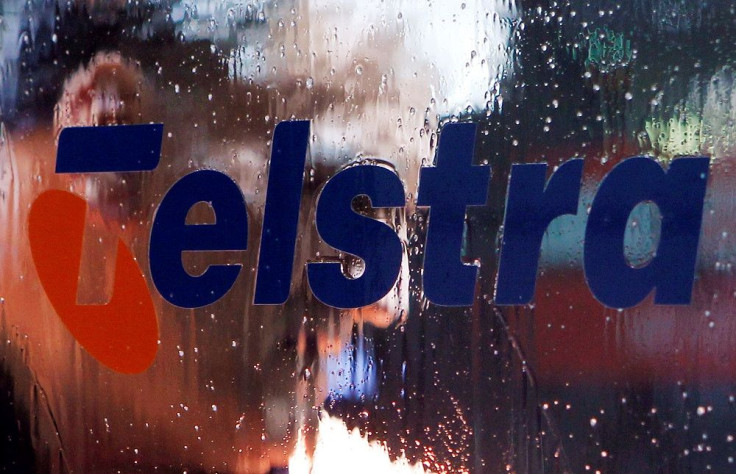Telstra announces plan to launch Security Operations Centre in London

Telstra has declared its plans to launch a Security Operations Centre (SOC) in London. The London SOC is expected to have the "same dynamic" as the Sydney and Melbourne centres, which function virtually as one room with interaction between the operators.
CEO Andy Penn said they have plans to open a further Security Operations Centre in 2018 in London. “We have seen strong demand for our cybersecurity offerings in the context of a market where this is becoming an increasingly important issue for companies and boards,” he said.
As for the number of workers, the London SOC will also house around the same amount as its Sydney and Melbourne centres. Those centres see teams of about 25 people from its 500-strong cybersecurity expert base monitoring 24/7.
Capability in security
During the company’s first-half financial results call, Penn pointed towards Telstra’s increasing capability in security. Speaking with ZDNet, he said that cybersecurity is becoming critical for both large and small companies.
Demand is expected to rise, but Penn assured that they put Australian companies as a priority. He said that they also need to keep customers safe every time they may do business. The telco has not yet formally revealed plans for launching additional SOCs across the world.
Internet of Things
Penn also talked about Telstra's Internet of Things (IoT) business, saying that it continues to grow. He cited acquisitions of MTData and VMtech as well as the launch of its Cat-M1 IoT network during the half.
The company’s IoT business is nearing $200 million in revenue, making it the telco’s "one of the most successful IoT businesses globally." The USO, media services, IoT, 5G backhaul and smart cities were also discussed. Telstra also provides its smart cities solutions to Joondalup in Western Australia.
Telstra’s mobile network
As for the company’s mobile network, Penn said that Telstra will continue focusing on extending and updating it. The telco will complete over 1,600 macro mobile builds, which include new sites, sites under the federal government's mobile blackspots program and the upgraded sites.
It focuses on increasing fibre backhaul to mobile towers to prepare for 5G services. "It's not just about at the access layer, at the 5G boxes on the tower, and the spectrum; it's also actually in the backhaul," Penn explained. The telco has previously announced attaining 2Gbps speeds across its 4G network in partnership with Ericsson.





















